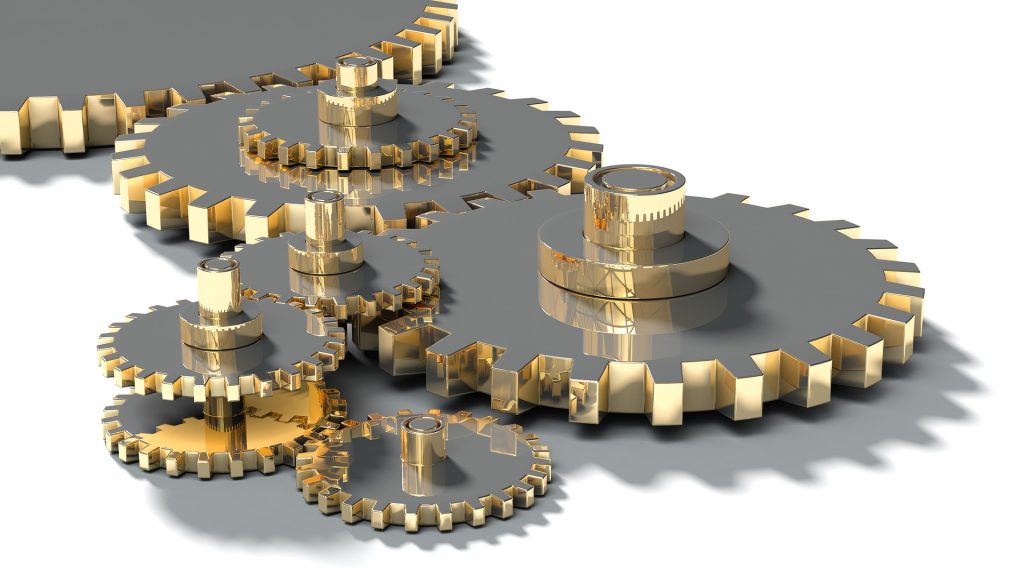It may seem surprising to devote a specific article to technology in the B2B / B2G high-tech company, since technology is the DNA, the very essence and the pride of these companies. However, it may be interesting to take a quick look at its various aspects precisely because they characterise them.
Technology is omnipresent in the high-tech B2B/B2G company and is expressed in various ways.
Technical sophistication of offers and prices
The first observable characteristic is the technical sophistication of the products and services on offer and their high prices, which are out of all proportion to those of consumer products: sophisticated products incorporating the latest technological innovations, ‘hardened’ products for the military, complex systems, sophisticated services, etc.
A workforce of graduates and engineers up to the highest level
A second observable characteristic is the ratio between the number of graduates from the technical field and the total workforce of the company: in technology, one is obviously an engineer (often from the largest schools) or a technician rather than a graduate from another field, even if these are equally represented.
For example, because of the complexity of the products and offerings that need to be explained to customers, the majority of sales people in high-tech B2B/B2G companies are themselves engineers. This is perhaps the most differentiating characteristic compared to B2C companies targeting general public consumers or even compared to low-tech B2B companies: it may happen that a classic B2C or B2B company has a good number of engineers in its innovation or product departments, or even that the culture of some of these companies is quite technical if they focus a lot on innovation (SEB or LOREAL are examples of this), but it is much less frequent that their sales positions or even “sales engineers” really require advanced technical training.
Obviously, this predominance of engineers is reflected at the highest level: CEOs, members of executive committees, directors of entities and most important managers are also engineers or have a technical background. We can only be pleased about this, as many of these companies or groups have an international influence and have a positive impact on employment.
Other characteristic elements of the high-tech B2B / B2G company
Other elements, perhaps less directly observable, characterise the high-tech B2B/B2G company.
Some of these can be quickly mentioned:
- Passion for technology in general and the technical world of the company in particular. This is very often the case, for example, with the passion for ‘everything that flies’ in the aeronautical world or the passion for space, its past, present and future in the space world.
- The obsession with innovation.
- The international way of thinking, sometimes the permanent use of English as a working language.
- A generalised “technical culture”, which makes the majority of problems be understood by the figure or the table, by logic as well as by the rigour and the cult of demonstration. This is usually a great advantage… sometimes a handicap when faced with certain types of problems that appeal more to the emotional or to the probability of results rather than to direct links between cause and effect.
- Proximity to the world of research, whether public or private.
- The large technical staff assigned to contact with customers for technical dialogue, trade, business development and services.
- The permanent use of advanced techniques, in particular IT techniques, both internally and in relation to customers: for example, artificial intelligence, virtual reality, data and data processing, IT security, the Internet of Things, etc. have been used for a long time in B2B/B2G high-tech, both in the products themselves and in the context of customer relations.
As a conclusion
In the high-tech B2B/B2G company, technology is therefore presented as both:
- The company’s main asset
- A permanent and vital requirement for innovation
- A DNA or culture influencing internal thinking (sometimes called “technical wiring” in the sense of mental wiring)
- A deeply structuring element in the composition of its population
- A collective and organisational challenge: combining technical excellence with the business requirements of profitability, competitiveness, listening to markets/customers and sometimes project activities

